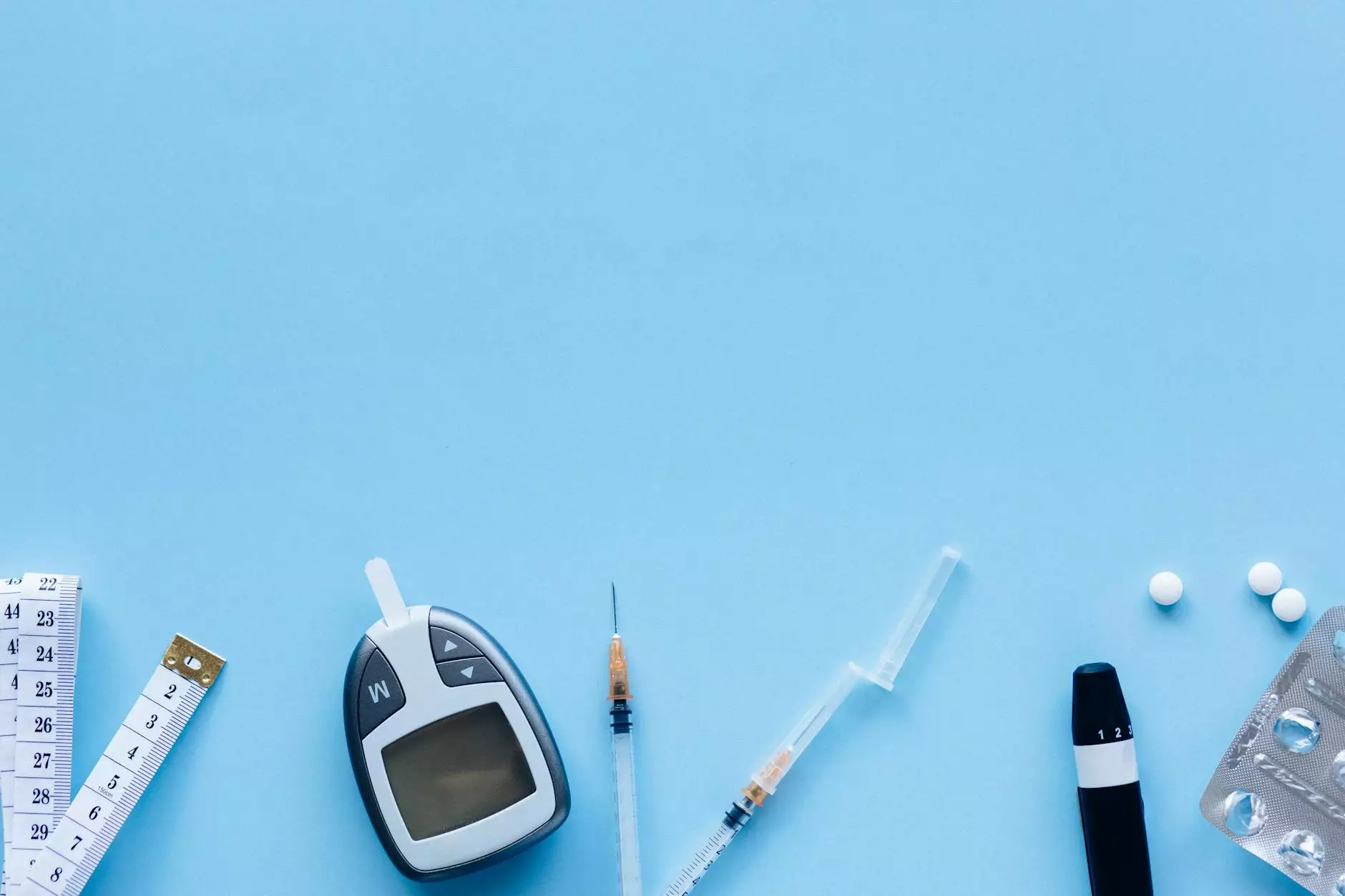The Early Signs of Lung Cancer in Non-Smokers

For individuals who do not smoke, it may come as a surprise that they too can be at risk of developing lung cancer. While smoking is a significant risk factor for lung cancer, there are other factors, such as environmental exposures and genetics, that can contribute to the development of this serious disease.
Understanding Lung Cancer
Lung cancer is a type of cancer that begins in the lungs. It occurs when cells in the lungs grow out of control and form a tumor. This can interfere with the normal functioning of the lungs and may spread to other parts of the body if left untreated.
Early Warning Signs in Non-Smokers
For non-smokers, it is important to be aware of the early signs of lung cancer so that the disease can be detected and treated as soon as possible. Some common signs to watch out for include:
- Chronic Cough: A persistent cough that lasts for several weeks, especially if it gets worse over time.
- Shortness of Breath: Difficulty breathing or shortness of breath, even with mild exertion.
- Chest Pain: Pain or discomfort in the chest area that is persistent or worsening.
- Coughing Up Blood: Coughing up blood or bloody mucus.
- Unexplained Weight Loss: Significant weight loss without trying.
- Fatigue: Feeling extremely tired or weak, even after adequate rest.
- Hoarseness: Changes in voice or persistent hoarseness.
- Respiratory Infections: Frequent or recurrent respiratory infections.
Seeking Medical Attention
If you experience any of these symptoms or notice any changes in your health that concern you, it is important to consult a healthcare professional promptly. Early detection and treatment of lung cancer can improve outcomes and increase the chances of successful recovery.
Prevention and Screening
While not all cases of lung cancer can be prevented, there are steps that non-smokers can take to reduce their risk. Avoiding exposure to secondhand smoke, radon, asbestos, and other carcinogens can help lower the risk of developing lung cancer. Additionally, individuals with a family history of lung cancer or other risk factors should consider regular screenings to detect the disease early.
Conclusion
Although lung cancer is commonly associated with smoking, it is essential for non-smokers to be aware of the early signs and symptoms of this disease. By staying informed and proactive about their health, non-smokers can take steps to detect and treat lung cancer in its early stages, leading to better outcomes and improved quality of life.
early signs lung cancer non smoker








